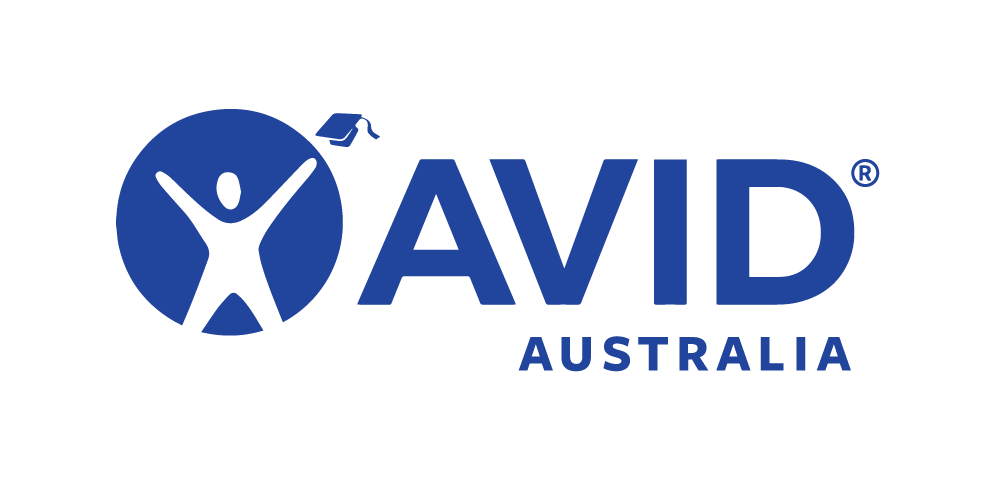Psychology is the scientific study of how people think, feel and act. It aims to answer important questions such as what factors influence human development. While there are other disciplines that overlap with psychology’s main aim to understand humans, psychology is rigorous in its use of scientific method. This allows for systematic exploration into the complexities of human behaviour based on evidence gathered through planned investigations.
This course introduces students to a breadth of knowledge focusing on the psychology of self and others. Psychological knowledge helps us understand factors relating to individuals, such as: cognition, or the way we think; biological bases of behaviour; and personality, the enduring traits that distinguish individuals. Psychological knowledge also helps us understand the way that individuals function within groups. This consists of knowledge associated with socialisation, moral development, the formation of attitudes and also how people relate and communicate. On a larger scale, psychological knowledge can help us to understand how individuals function within different contexts and how this is influenced by culture, shaping people’s values, attitudes and beliefs.
Psychology is very useful, both to individuals assisting us to improve ourselves and our relationships, and to society as a whole. It can be applied to any context in which humans are involved. Through this course, students gain valuable insights and understandings into both themselves and their worlds. Methods of communication studied enhance personal communication skills, both within the field of psychology and in the context of daily life. Students also develop important research skills as they engage in the exploration and evaluation of data to illustrate how empirical procedures are used to examine phenomena such as intelligence and personality. This course is designed to integrate the understanding of scientific principles, the acquisition of psychological knowledge and the application of both in an enjoyable and contemporary way. The study of psychology is highly relevant to further studies in the health professions; education, human resources, social sciences, sales, media and marketing and management.
Prerequisites:
Minimum C grade in Year 10 Science
Syllabus:
The Year 11 syllabus is divided into two units, each of one semester duration, which are typically delivered as a pair. The notional time for each unit is 55 class contact hours.
Unit 1 – Personality and Intelligence
This unit provides a general introduction to personality and intelligence. Students explore a number of influential theories including Freud’s psychodynamic approach, Eysenck’s trait theory and Spearman’s theory of general intelligence. Beyond the individual, the impact of culture and others on behaviour is a key focus. Students examine agents of socialisation and the role of verbal and non-verbal communication in initiating, maintaining and regulating relationships. Students are introduced to qualitative and quantitative methods of data collection and explore fundamental ethical considerations pertinent to psychological research.
Unit 2 – Biological Psychology, Behaviour, Emotion and Thought
This unit introduces students to the human brain and the impact of factors influencing behaviour, emotion and thought. The scientific study of development is an important component of psychology and students review aspects of development and the role of nature and nurture. Students learn about stages of development and the impact of external factors on personality development. The impact of group size on behaviour and the influence of culture in shaping attitudes is explored. Students interpret descriptive data and apply it to create tables, graphs and diagrams, distinguish patterns and draw conclusions.












